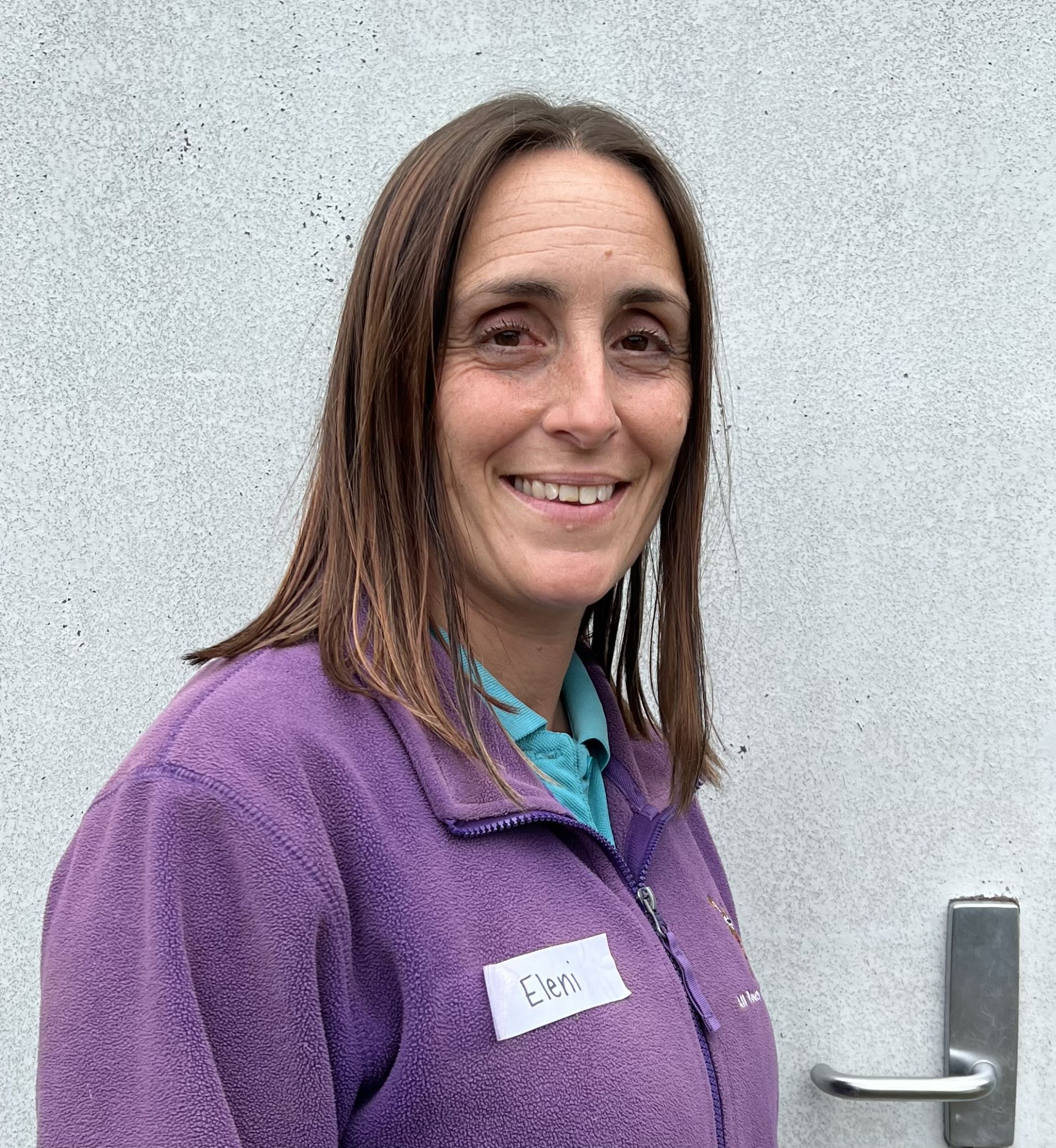How did you start volunteering for ARF?
I started volunteering with temperament testing at Domestic Animal Services.
What is your role as a trainer for ARF like? What does it involve?
As a trainer for ARF I am asked to help out in a variety of areas such as private consultations, behaviour modification, assessments, board and train, walk and trains, and workshops. I love being able to do this, to be able to help others that are enthusiastic but are also volunteering their time and opening up their homes to these dogs is very rewarding, so I am more than happy to do so.
What other roles do you play, if any?
I am self-employed and have run my own business for the past 8 years, dog training of course. I am a full-time mum to 3 kids under all under the age of 12, I have 3 amazingly different dogs, and I attempt to study in my spare time all things about dogs to help keep my knowledge current and up-to-date.
What has been the most rewarding moment of being involved with ARF for you?
There is definitely not just one. Whilst foster caring; it would be seeing the dog go into their new home. Whilst helping the carers of ARF; it would be empowering them with the knowledge of what they can do to help dogs transition into their new life, not only for this dog but for others to come. And finally, it would be seeing the change in dogs; seeing them happier, with life fulfilment, purpose, and seeing relationships mend, repair and flourish.
What has been the most difficult/most surprising moment of being an ARF volunteer for you?
Temperament testing is definitely the hardest. Meeting these dogs at their most vulnerable times and for varying reasons why they are there.
What makes a good trainer?
Enthusiasm to create change, thirst for knowledge, and patience. Lots and lots of patience.
Tell us the story about how you adopted your dog/s? What has the journey been like with them? Our first dog is Kelpie Kyra who’s now 15 years young. She came from a pound in Griffith and was with a group called RADAR. Kyra came to us at 10 weeks of age and was a bundle of energy and smarts. Kyra started out being a dog-reactive dog due to us unknowingly attempting to socialise her the wrong way. We worked hard with her to help her trust in us again that we won’t put her out there on her own to fend for herself.
Millie is our first ARF foster fail and is 6 years old. Millie came to us as a foster dog at 8 weeks of age from Queanbeyan pound where the mum and her siblings were dumped. Over the 6 years, Millie has been not only fun but also challenging. Millie and her litter were extremely fearful, so I found it a great challenge to set up her critical period as best I could. Today she still has issues that test my skills, but far less than what they could have been not having that start. We compete in the sport GRC with Millie and love the ability to be surrounded by a great support network to help build on her skills.
Number 3 is Sirius our newest pup and ARF foster fail number 2. Sirius is a 6-month-old kelpie x who has brought a lot of laughs and light into our lives and we are very grateful for the day he walked into our home. Sirius is first and foremost a family pet but we are also striving towards him competing in GRC as well as hopefully helping out in our business.
What else can you say about your time in ARF?
I have always loved working and being a part of ARF. They are a supportive crew and their desire to help their carers to further their education is of highest priority.

